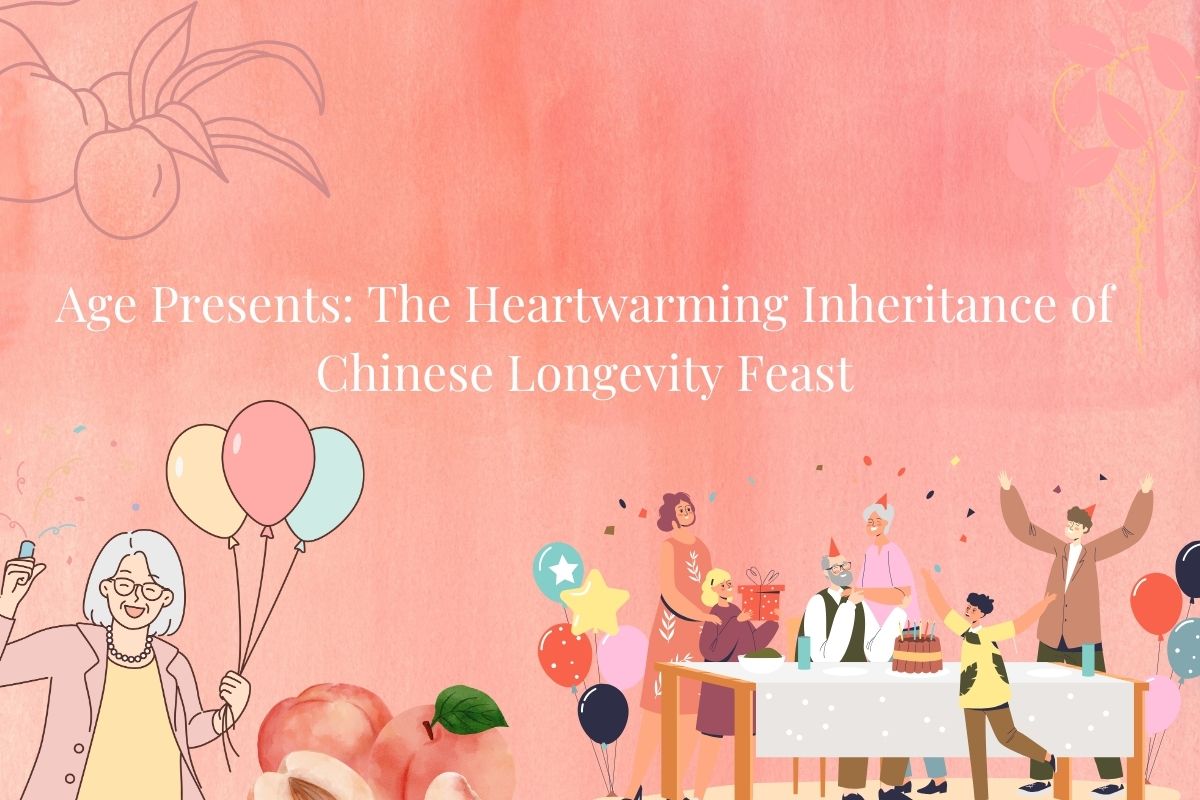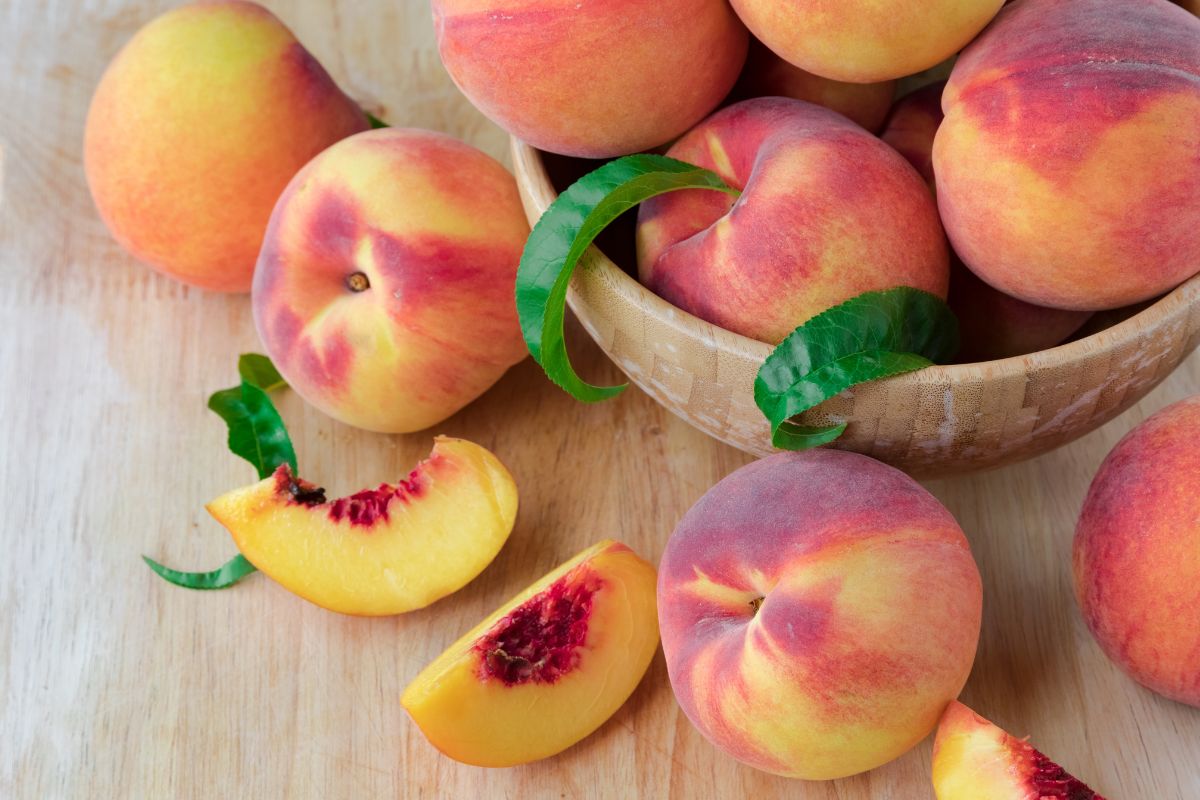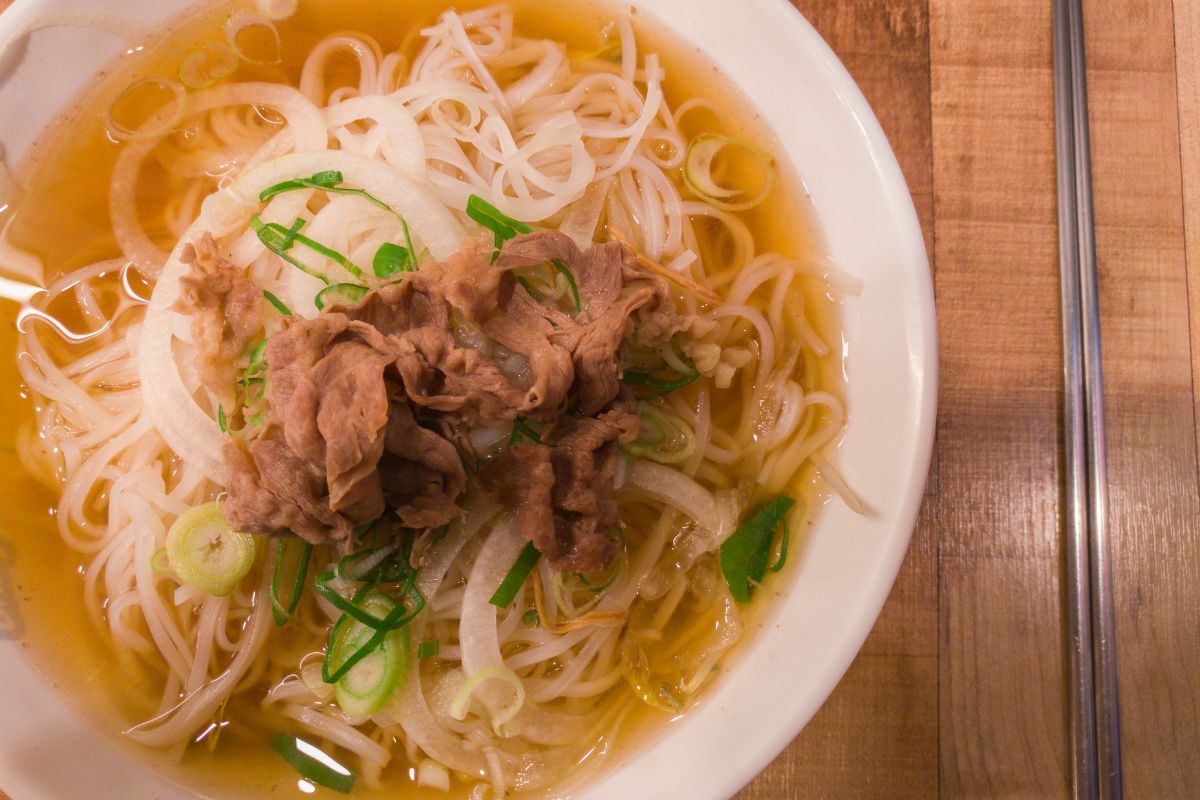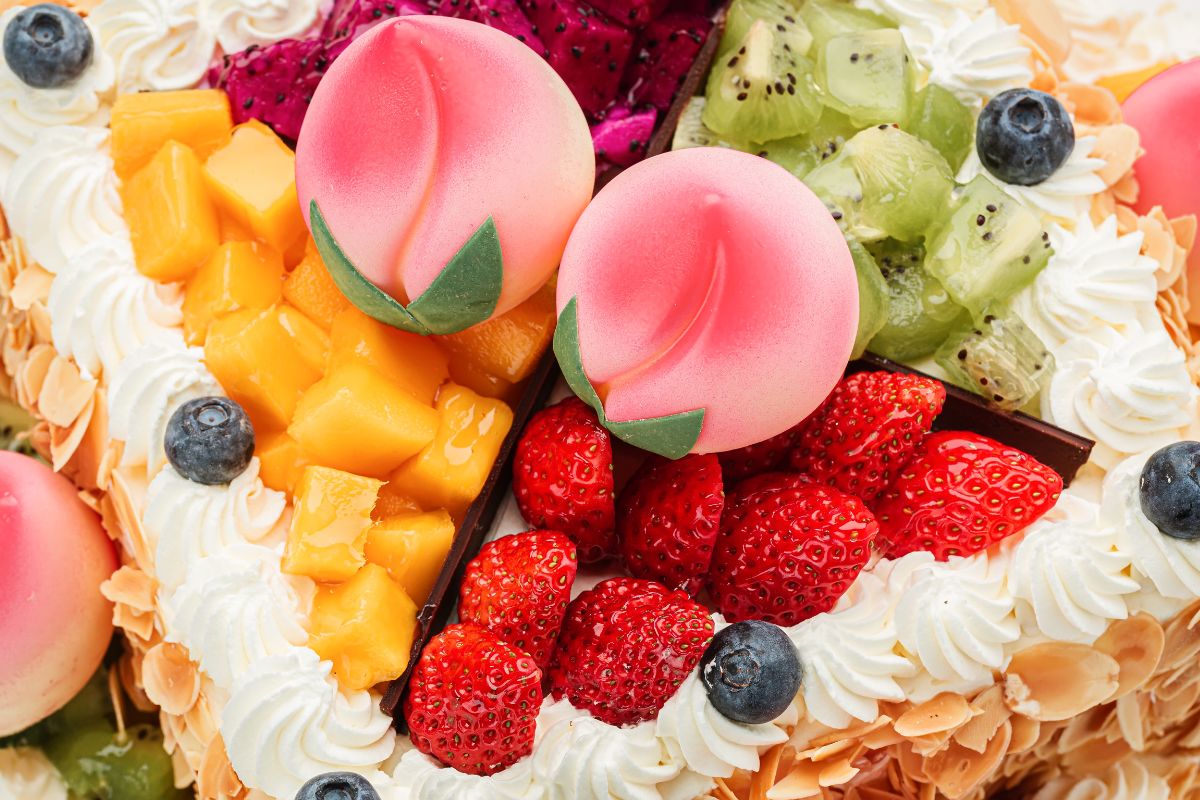Age Presents: The Heartwarming Inheritance of Chinese Longevity Feast
In Chinese culture, the senior feast not only marks another milestone in the journey of an elder's life, but also bears profound cultural significance. It serves as an important occasion for the transmission of filial piety and the promotion of family affection, distinct from Western birthday parties. The celebration forms of the senior feast are more diverse and emphasize ceremonial elements. This article will introduce unique Chinese senior feast culture to you!

Origin of the Senior Feast
The origin of the senior feast is deeply rooted in China's ancient culture of respecting the elderly and traditional etiquette. Since ancient times, the Chinese have revered the elderly, considering longevity as a blessing from heaven and a cause for grand celebration. Due to the limitations of living conditions and medical standards in ancient times, reaching an advanced age was regarded as an honor and a stroke of fortune. When individuals reach a certain age, especially the significant "hualiao" years at the age of sixty, family and society hold grand celebrations to express respect and blessings for the elder. Thus, starting from the age of sixty, a senior feast is held every decade, a tradition that has been passed down to this day.
Customs and Rituals of the Senior Feast
Venue Arrangement
The arrangement of the venue emphasizes the festive and longevity symbolism. The background is often in red, symbolizing auspiciousness, adorned with a prominent "Shou" character or an image of the old person. Couplets are placed on both sides, while it is avoided to use a horizontal scroll, as it conflicts with funeral customs in some cultures. Red cloth is laid on the table, adorned with longevity peaches, fruits, and pastries. The quantity of each type of food is usually chosen with auspicious numbers, such as 9, symbolizing longevity. It is particularly noted not to place pears, as its homophone is similar to "parting" and is considered inauspicious.

Gift Giving
Guests bring longevity gifts, commonly including longevity cakes, peaches, noodles, and candy, symbolizing longevity 长寿 (chánɡ shòu) and auspiciousness. It is avoided to give clocks, as "giving a clock" sounds similar to "attending a funeral" and is considered inauspicious.
长寿 (chánɡ shòu) , noun, longevity
Examples:
- We wish you both health and longevity.
我们祝愿您二位健康长寿。
wǒ men zhù yuàn nín èr wèi jiàn kānɡ chánɡ shòu 。 - Noodles are a sign of long life for us.
面条对我们来说是长寿的象征。
miàn tiáo duì wǒ men lái shuō shì chánɡ shòu de xiànɡ zhēnɡ 。
Respect Ceremony: Family members and guests pay respects to the senior in order of seniority, followed by presenting various gifts and blessings to express respect and well-wishes for the elder.
Banquet Customs
The banquet 宴会 (yàn huì) typically features a rich variety of dishes, emphasizing color, fragrance, taste, and presentation. The dishes often symbolize longevity and wealth, such as whole fish (representing surplus every year), roast chicken (signifying good fortune), and pig's trotters (symbolizing continual upward advancement). Each dish holds specific auspicious meanings.
宴会 (yàn huì), noun, banquet
Examples:
- There's a banquet for you!
这是为你准备的宴会!
zhè shì wéi nǐ zhǔn bèi de yàn huì ! - I'll order the Banquet.
我来组织宴会。
wǒ lái zǔ zhī yàn huì 。
Longevity Noodles
The long, unbroken noodles symbolize boundless longevity. Longevity noodles have become a prominent feature of the festivity, and this bowl of noodles is not cut. It is also preferred to eat without biting, symbolizing the endless continuation of life.

Longevity Peaches and Cakes
Longevity peaches, with their round shape and vibrant color, are considered auspicious, symbolizing blessings of longevity and peace. In modern senior feasts, in addition to traditional longevity peaches, various cakes crafted in the shape of peaches with decorative patterns of "fu" and "shou" are commonly seen, adding both aesthetics and symbolism.

Innovative Inheritance of Modern Senior Feasts
While preserving the essence of traditional culture, modern senior feasts incorporate many new celebratory elements, making this traditional celebration more vibrant and engaging. For instance:
Personalized Customization
Tailoring exclusive senior feast themes based on the elder's preferences and life stories, such as travel memories or hobby exhibitions. Through video retrospectives, photo exhibits, and other forms, these celebrations become more lively and engaging, allowing guests to gain a deeper understanding of the senior.
Musical Performances
Using modern products such as musical candles, playing heartwarming birthday tunes when blowing out candles, or inviting live performances such as dance or magic, to enhance the festive atmosphere, allowing the senior and guests to enjoy an unforgettable and meaningful celebration.
Creative Theme Arrangement
In the arrangement of the banquet, modern decorative techniques are utilized, integrating elements of Chinese culture. The primary colors of red and gold, along with symbols of longevity such as cranes and pine, make the entire senior feast more refined and meaningful.
Symbolism of Chinese Senior Feasts
Behind every meticulously prepared celebration of an elder's birthday, lies a deeply held appreciation for life and a profound connection to family. The Chinese senior feast is not only a celebration of the individual elder, but also an inheritance of family culture and traditional virtues, embodying the noble value of the Chinese nation's principle of "Filial piety is the root of all virtues."
Two Idioms that Wish Elders Longevity
- 福寿安康 (fú shòu ān kānɡ)
It conveys the wish for people to enjoy a life of happiness, longevity, health, and peace. - 寿比南山 (shòu bǐ nán shān)
It means "May your life be as enduring as the Mount Zhongnan," used to offer blessings to the elderly.